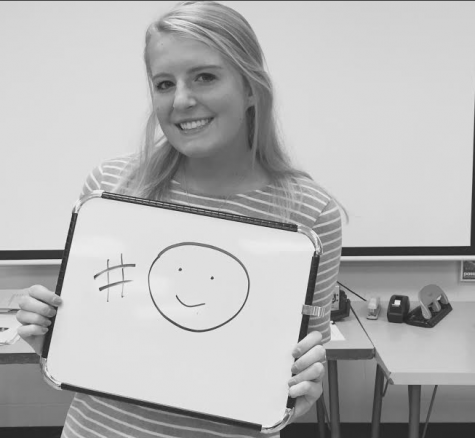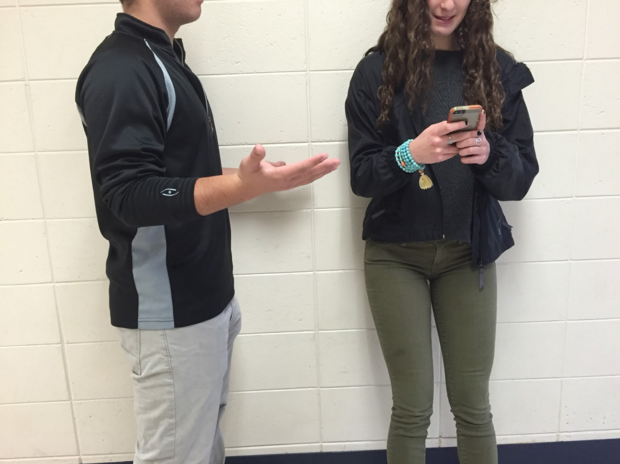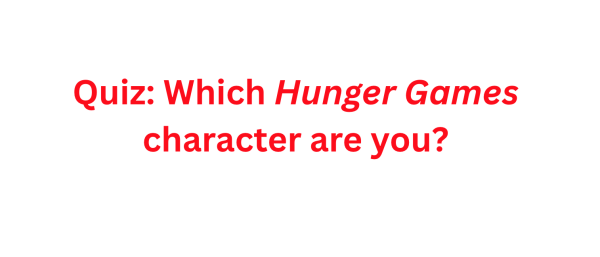Social media creates an antisocial generation
Homestead students ignore one another to spend quality time with their devices rather than with other people.
Social media has become the center of communication for individuals worldwide. These contemporary devices retain software, making interaction more common and less personal. People are forgetting social norms and manners in regards to how to behave when face to face, which happens since they are only used to looking at a computer screen.
Individuals have also been prone to disregard warnings of what not to post on their social media accounts, such as those on Facebook, Twitter and Instagram, seeming to fail to remember that what is on the internet remains forever.
In today’s society, the definition of a friend is being interpreted in many different ways, and its meaning is being stretched to fit basically any individual one encounters. According to Merriam Webster’s Dictionary, a friend is a person who you like and enjoy being with. Facebook, a social networking site created to contact others, includes a feature allowing people to “friend” anyone else, meaning one could “friend” his or her best friend or a random stranger he or she is interested in.
“I get so many random friend requests all the time,” Jayne Henry, junior, said. “I decline those requests, but it’s still creepy. Like, how did these people even find me?”
Instagram encompasses a similar feature. On Instagram, anyone with a public account can be looked up and followed; this entails a direct access to his or her feed and every picture he or she posts. “I ‘stalk’ my friends, their friends and the random people they follow all the time on Instagram,” Grace Looker, sophomore, said. “It sounds creepy, but everyone does it, and it makes time pass quickly when I’m bored.”
Obviously, this isn’t nearly as dangerous as stalking someone outside of a computer screen, but it could be a gateway for more dangerous actions.
This act of following and “friending” one another can lead to a false sense of connection, or worse, an obsession with an individual one will most likely never actually come in contact with. According to Mr. Steven Strogatz of Cornell University, social media sites can make it more difficult for us to distinguish between the meaningful relationships we foster in the real world and the numerous causal relationships formed through social media. These meaningless friendships will eventually fall through the cracks of social media, and, in the same fashion, person-to-person friendships will be lost as well.
In upcoming years, people will begin to lose the social skills needed in a job, in a friendship and throughout life in general. Face-to-face interaction will dwindle and, eventually, cease altogether, since why would it be necessary to leave the house when a phone, computer or tablet are right at your fingertips? The leaps made for technology over the past few years are taking steps back for humanity.

Sydney Crivello can basically be described by "average teenage girl" (minus owning a pair of cliché white Converse and having a Starbucks gold membership...











